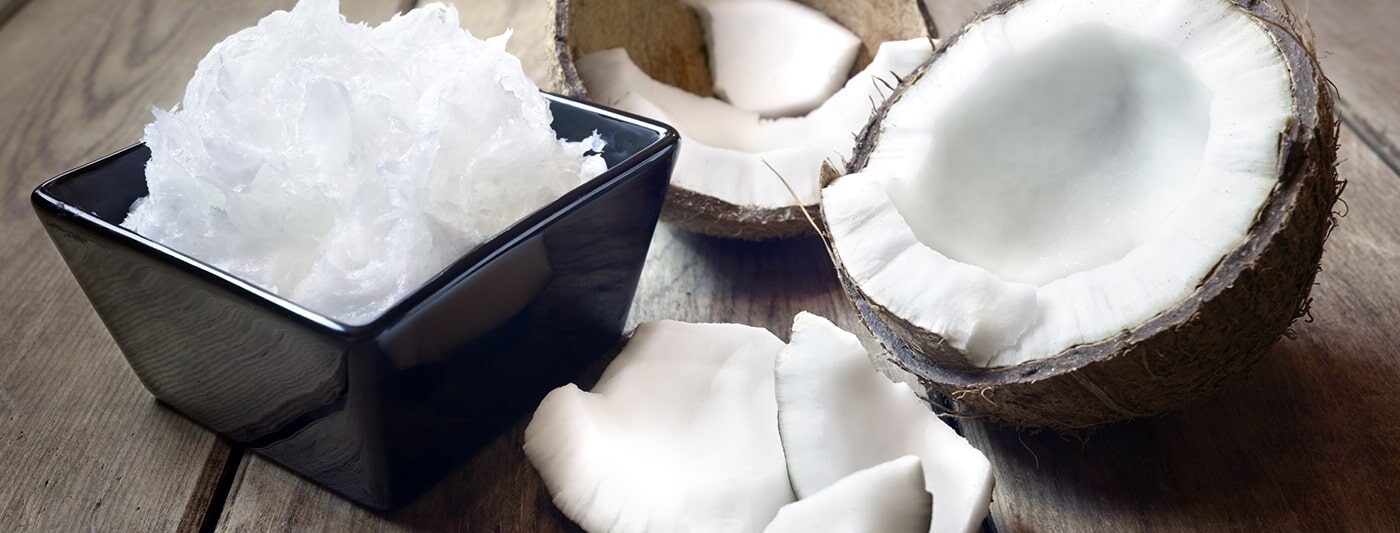Most of us know by now that fats do not automatically make you fat (in fact, and as I’m sure you know, sugar is a bigger culprit, see our post about that here). It even looks like the USDA may (finally!) be adjusting their Dietary Guidelines for Americans to reflect what the scientific literature has been showing for quite some time – that we shouldn’t be placing such heavy restrictions on fat intake. Fats are not villains; they’re absolutely vital. Here’s why:
- The exterior of every cell in your body is made of fats (called lipid bilayers). The makeup of that fat layer determines how flexible (we want not to flexible, not too rigid… “just right”) and prone to oxidative stress it is.
- The human brain is nearly 60% fat! In particular DHA is really important for brain development, function and vision.
- Fats are needed for the absorption of fat-soluble vitamins and phytonutrients, including vitamins A, D, E, K, and plant-nutrients like carotenoids. So, next time you’re eating broccoli or dark leafy greens, make sure you’ve got some healthy fats on there too! Even super-nutrients like curcumin (in turmeric) requires fat for absorption.
- Fats provide the building blocks for many hormones as well as both pro- and anti-inflammatory molecules (yes, a healthy body needs both of those in balance) which help to regulate the immune response.
- Some fats cannot be synthesized in the body, and must be consumed in the diet; these are the omega-3 and omega-6 fatty acids.
- Fats lend many specific beneficial properties, such as antimicrobial lauric acid in coconut oil, anti-oxidant red palm oil, gut-nourishing ghee, anti-inflammatory omega-3 fatty acids, and anti-cancer, heart-healthy olive oil. These are just a few examples amongst many!
Now, that said, I do have a few disclaimers:
- Too much of anything, be it fat, protein or carbohydrate can cause metabolic issues and contribute to weight gain.
- Focusing on fats doesn’t mean we should ignore good quality protein and carbs; fats are just one part of a balanced diet.
- Certain kinds of fats still warrant restriction or avoidance, such as synthetic trans fats (definitely avoid those!) or industrial vegetable oils (like soybean oil and cottonseed oil). We should also be cautious with hormone-, antibiotic-containing animal fats. But grass-fed/organic animal fats are good!
Top Tip! Even though omega-3 fatty acids are healthy, consuming excess omega-3 fatty acids (not uncommon with high-dose supplements available), without the supervision of a functional medicine practitioner, and especially without a balance of other more stable fats and protective antioxidants can actually leave our cell membranes vulnerable to disease-causing oxidative stress. So definitely include your omega-3s, but do so in balance (again!).
Focus on variety and quality
So, healthy fats should be in our diet. Not only that, we should be eating a variety of fats to get the benefits of each. AND we should be considering the quality of the fats we’re choosing.
Let’s consider both aspects in more detail. First, here’s what to choose in the different categories of fat:
- Saturated fats: coconut oil, red palm oil, ghee or butter (if you tolerate dairy).
- Monounsaturated fats: olive oil, avocadoes, almonds, hazelnuts, cashews, macadamia nuts and pecans.
- Polyunsaturated fats: flaxseed oil, fish oil, oily fish, walnuts, pumpkin seeds, sesame seeds, sunflower seeds. Try to balance your omega-3:omega-6 intake in this category; omega-3 fatty acids come from flaxseed, walnuts, and fish, and omega-6 fatty acids from the seeds and seed oils.
Top Tip! Not all oils are suitable for cooking. Saturated fats are great to use at higher temperature cooking. Monounsaturated fats can still be used for cooking but stick to medium temperatures such as a light sauté, simmer or baking. Avoid cooking polyunsaturated oils such as flaxseed oil or walnut oil, using them instead as a dressing oil or in smoothies.
Next, let’s look at quality. Here are some points to consider:
- It’s not completely clear what residues from pesticides, or chemicals used in the refining process (solvents, bleaches, deodorizers), are left in the finished product, but it’s wise to choose organic since even small amounts of certain chemicals accumulate in the body over time. Unrefined oils also contain higher amounts of beneficial lignans, polyphenols and phytosterols, so don’t be afraid of a little cloudiness in your oil.
- When choosing animal sources of fats, choose grass-fed and organic where possible. Fats from grass-fed cows have a more favorable profile including higher levels of polyunsaturated fats and conjugated linoleic acid (CLA). They are also likely to contain lower levels of fat-soluble toxins.
- For fish or fish oil, we have to consider potential heavy metal contamination. Avoid fish high in mercury (King mackerel, tuna, swordfish) and make sure that your fish oil supplement is of high quality and tested for contaminants.
References
Enig M. 2012. Know Your Fats: The Complete Primer for Understanding the Nutrition of Fats, Oils, and Cholesterol. Bethesda Press.


 Methylation – What’s All the Fuss?
Methylation – What’s All the Fuss?